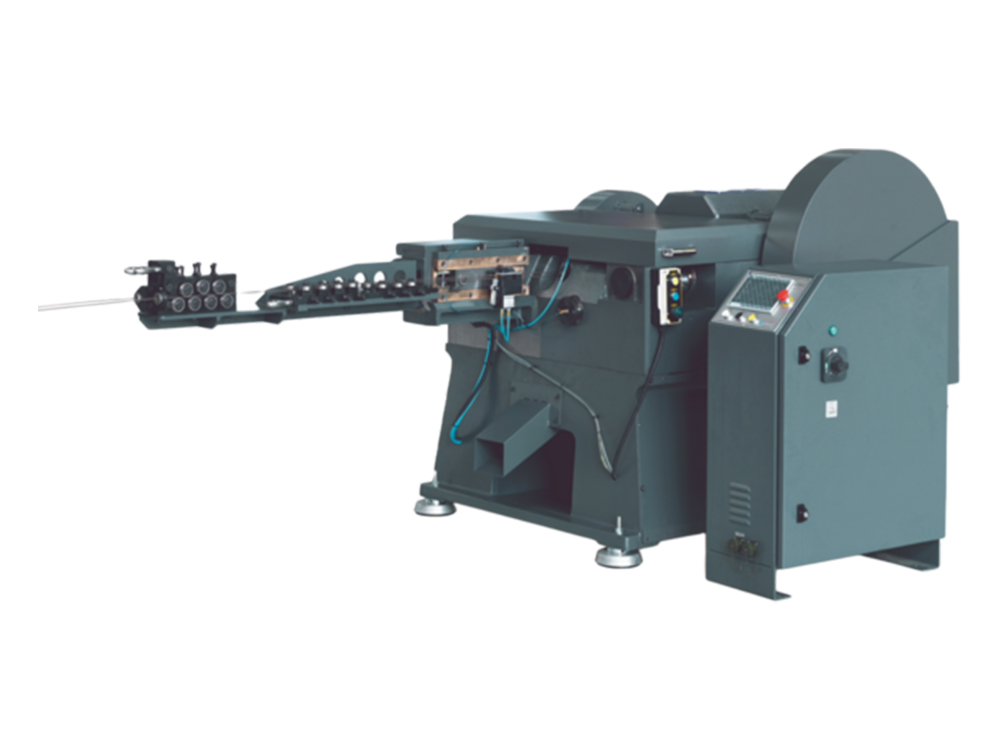Planning for your golden years is essential right from your younger years. And for those who are currently employed, it is the best way to ensure a secure future. Your retirement years are the time when you can finally bid the stresses of working life farewell.
Although deciding how much money to save for your post-retirement life can feel a little overwhelming, making a thorough retirement plan in advance can make your golden years more serene. But before you choose where to invest, you must understand what is NPS and what are retirement plans. So, here is a comparison between the two.
What is NPS?
Let’s start by understanding what is NPS before we get to retirement plans. The National Pension Scheme (NPS) is a social security programme by the Central Government of India. All employees in public, private, and even unorganised sectors are eligible for this pension plan. Except for members of the armed services, all civilians can benefit from NPS. It encourages people to make regular contributions to an NPS account throughout their work in order to receive retirement benefits. Depending on the money you have invested throughout the years, you will receive a monthly pension once you retire.
Earlier, only employees of the Central Government were eligible for the National Pension Scheme. However, PFRDA recently announced reforms to Indian pension plans (Pension Fund Regulatory and Development Authority of India). All citizens of the nation can now voluntarily participate in the NPS scheme. For someone who doesn’t work for the government, it’s a priceless investment choice. After retirement, it violates regular pension. Additionally, NPS provides tax advantages under Sections 80C and 80 CCD and is hence one of the most preferred 80c investment options.
What are Retirement Plans?
After learning what is NPS, let us now discuss retirement plans. These are specially created investment plans that let you put money away until you retire so you can enjoy the benefits of your labour. You regularly contribute a particular amount to a retirement plan starting on the day you purchase it. When you retire, your income ends, and you begin receiving a consistent income from your retirement plan at regular times. These plans frequently include life insurance coverage. So, in addition to building wealth, you also receive life insurance protection.
NPS vs Retirement Plans
Once you have understood what is NPS and retirement plans, the next step would be to compare the two before making the final choice.

Taxation
Retirement fund investments are subject to Section 80CCC. Any contribution made to mutual funds is exempt from taxation under this. The contribution must not exceed Rs. 1.5 lakhs in a given fiscal year. All withdrawals are taxed at rates based on the ones already made (and annuity). In the case of NPS, Section 80CCD (1) and Section 80CCD 1 provide a ₹2 lakhs exemption (B). The purchase of an annuity from the NPS corpus is tax-exempt. Taxes will be charged on any income that your annuity generates.
Withdrawal
You may occasionally be able to withdraw money from retirement plans for medical needs. Under Tier 1 of the National Pension Scheme, partial withdrawals are permitted up to a maximum of 25%.
Flexibility
You have the choice of investing in a retirement fund with a lump sum or through a systematic investment plan (SIP). You have the option of either Auto choice or Active choice in the National Pension Scheme. A default option is an auto choice. Under this, a manager is chosen to manage investments based on your profile. You have the freedom to select the asset classes you want in active choice. Additionally, you have the choice to make various allocations to funds, with a cap of 50 percent. In an active choice, you can also switch the fund management based on performance.
Insurance
The majority of pension policies and retirement plans include life insurance. Additionally, you are able to withdraw money for urgent medical needs. The National Pension Scheme, however, provides coverage for the only pension.
Which is a Better Investment Option?
NPS is a fantastic choice for people who want to plan and retire worry-free. On the other hand, if you have predetermined goals, you should use retirement plans and funds. It simply means that you are setting aside money for predetermined goals. Even though equities mutual funds are among the best investments, there is a small risk associated with them.
While under NPS, your Tier 1 exposure to equity is limited to a maximum of 50%. Therefore, it is advised to carefully examine what is NPS and what are retirement plans before making a decision because each has its own set of advantages.

















